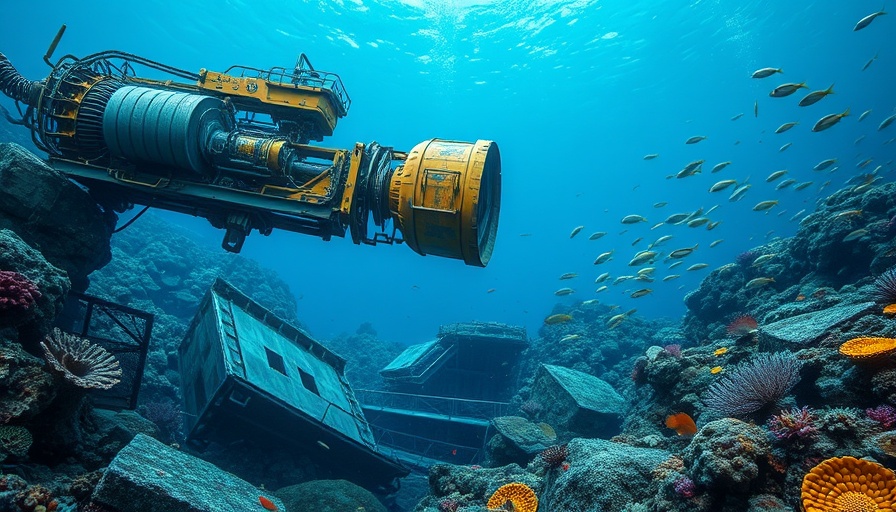
Economic Gains or Environmental Losses?
The debate over seabed mining in South Taranaki continues to sharpen, following the anticipated revisit of Trans-Tasman Resources’ (TTR) mining proposal. Advocates argue that mining could bring economic prosperity, particularly in local job creation and investment influx, yet critics highlight the substantial environmental risks to the uniquely biodiverse marine ecosystem of Aotearoa. Phil McCabe, a leading voice in the environmental arena, describes this undertaking as potentially "the worst economic model you could imagine." The concern is that profits may largely benefit offshore interests rather than enhance local communities.
The Changing Regulatory Landscape
Historically, TTR's proposals faced rejections from New Zealand’s Environmental Protection Authority (EPA) due to environmental concerns. The introduction of the Fast-Track Approvals Act complicates matters, potentially allowing for expedited processes with insufficient regulatory scrutiny. Previously, a wider range of stakeholders could voice their concerns in the application process, but this has now been limited, raising alarms about who effectively gets to "speak for the ocean." McCabe lamented, "We’ve all been cut out," underscoring a significant shift in governance prioritization towards corporate interests over community welfare.
A Community Impasse
The backlash from local residents showcases the complex intersection of economic ambition and environmental stewardship. While some community members view mining as a path to revitalization, many others think that short-term gains are unsafe compromises that could jeopardize their natural heritage for future generations. The conversation around seabed mining is not merely about resource extraction; it’s also about community identity and the desire for long-term sustainability.
What Lies Ahead?
As the EPA deliberates over the new TTR proposal, the future of South Taranaki's seabed mining remains uncertain. Will local communities reclaim their voice in this vital environmental dialogue? The stakes are exceptionally high, hinging not only on the outcome of the current proposals but also on the balance of power between corporate giants and grassroots movements.
 Add Row
Add Row  Add
Add 




Write A Comment